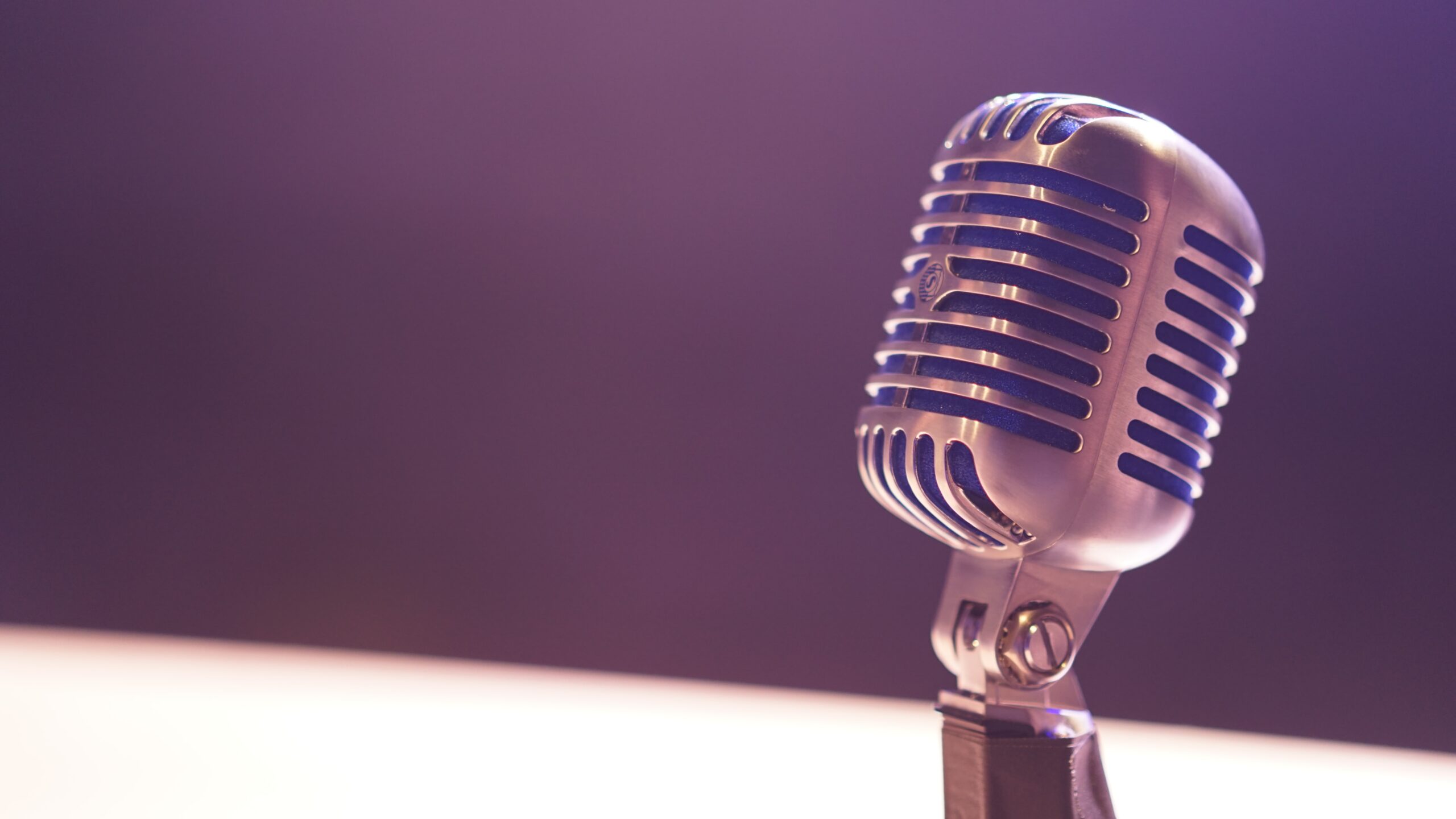The privilege of recovery
When I was first diagnosed I scoured the internet for information and research about Binge Eating Disorder and eating disorders generally. One of the early pieces of content I came across was by a woman who had experienced binge eating and now had her own course teaching people how to eat intuitively.
Diving down the rabbit hole of her content I read blog posts, watched videos and listened to podcasts that she appeared on. She was clearly credible because she’d appeared in well known magazines and TV stations, but her privilege was a red flag.
On a podcast she explained that she didn’t believe professional help was the answer to binge eating disorder and encouraged an intuitive eating approach. Her reason was that her parents had paid for a top therapist and it hadn’t helped.
I tilted my head.
What a privilege to have your parents acknowledge your eating disorder. What a privilege that they could afford the top therapist. How privileged to have experienced these things and come to a resounding conclusion that professional help doesn’t work and now be in a recovered place to promote your own course.
I’m sure her message connects and is helpful to some but as someone who has always benefited from therapy and counselling, before and after my diagnosis, I couldn’t stomach the privilege that she spoke with, so chose to stop following or engaging with her content.
But I knew I had to speak up
When I went public with my blog and got involved in the eating disorder area of work as a Lived Experience Practitioner (LXP), I remembered this woman and was motivated by my desire to ensure that voices like hers, which are of course valid, were not the only voices being heard.
I wanted to be in the room where decisions were being made. I wanted to offer a different perspective and interrupt the narrative of privilege. I knew I couldn’t represent every black person but I could offer my own lived experience.
My work as an LXP has been educational, insightful, meaningful and at times frustrating. It’s stirred up a melting pot of emotions, sometimes feeling like it’s a waste of my time. There’ve been times when I’ve had to remember how to set boundaries, express my own personal needs and speak up when I don’t agree with how things are running, but being present, showing up and adding my voice and experience to conversations that would otherwise continue with a lack of representation, has kept me going.
There is room for much more.
I’ve been involved in academic research and work with the NHS to help improve mental health / eating disorder services, I’ve blogged and shared my experiences honestly and openly, all while practicing self care to maintain my own mental health. My voice speaks but I’m aware that more voices are needed.
Eating Disorders Awareness Week is a great opportunity to raise awareness of the need to diversify the faces and voices in the room. If you don’t see yourself represented but know your experience is valid, maybe it’s time to get involved.
Drop me a message and let’s talk.
Services are not designed nor is research conducted based on those of us who don’t fit the Eating Disorder face. If we don’t have our say, join the research projects and share our perspective, the voices of privilege will continue to be much louder than our own.
